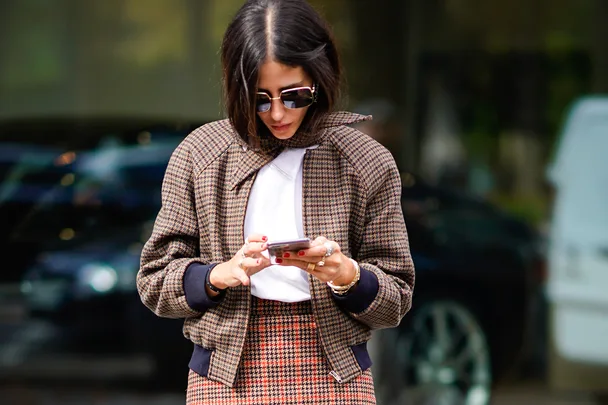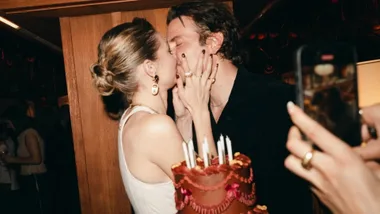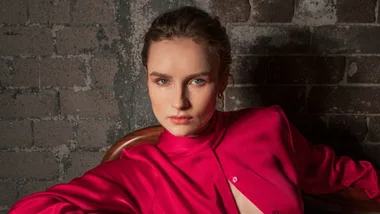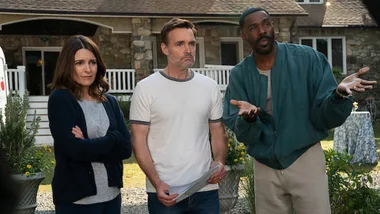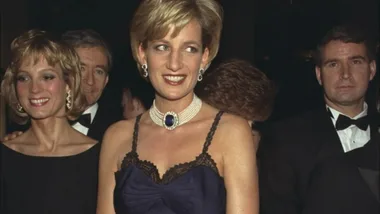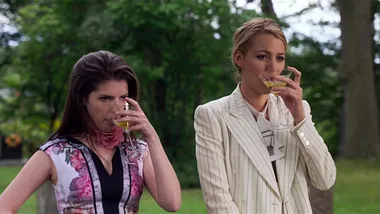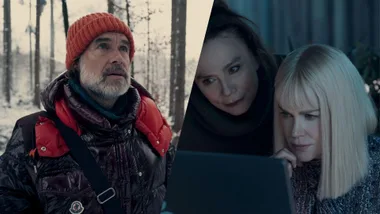It is, at this point, a bit tiresome to talk about the ways the pandemic has changed our lives. We know! It changed how we work! How much we appreciate the ability to hug someone! How often we wash our hands! And – duh! – it’s changed how we date!
I fear it might also be obsolete for me to outline exactly all the ways it has changed how we court. Afterall, if you’re reading this article you probably already know. In fact, if you’re anything like me, the words “walking date” will make your eyes glaze over and you’ve developed a twitch that only manifests whenever someone invites you to a picnic. I know we were only doing these things because we literally had no other choice but I’m sorry, if I wanted to go on a date that doubles as exercise…I actually would just never do that.
The point is dating has changed since COVID became embedded into the cultural lexicon, and there’s not much we can do to deny it. Given how clearly bored I am talking about this fact – though I realise I just spent two paragraphs doing exactly that – I was nonetheless surprised to realise recently that the 2021 lockdown had changed dating for me in a very specific and unexpected way: I developed a theory that I was a catfish. Stay with me.
Like many women, I’ve had a…complicated relationship with my body for most of my life. Hard not to when the onslaught of messaging about what our bodies are meant to look like, and how we’re meant to feel about them, is as relentless as it is. Over the years, I’ve oscillated between pretty severe self-loathing and a happy contentment, ultimately reaching what I had believed was a healthy ambivalence. I call this ambivalence “healthy” because if we’re to take it as a truism that our bodies will constantly change, then it’s probably for the best we never get too attached to a certain way of them looking or being.
However, I realised that I wasn’t feeling this healthy ambivalence when lockdown restrictions began to ease and I was confronted by the fact that we would be returning to IRL dating. I started spiralling. Specifically, about my body. As I said, I developed a theory that I was a catfish. While I loved not having to worry about my appearance for three months, it seemed that at the first sign of having to be perceived, my brain was short circuiting, and I was convinced that any dates I met would take one look at me and start searching for the nearest exit. It was like the nightmare of turning up naked and unawares, only worse.
The spiral kicked off the night before a date, with me standing in front of my closet, considering what I might wear. I started trying on different dresses, each one not giving me the desired LMFAO (sexy and I know it) effect I was after. At the point of putting on a pair of spanx underneath one of my tried and tested date dresses and still not feeling it, I rushed downstairs to my housemates who were in our living room.
“Do I look any different to you?” I demanded, ruining their pleasant evening. Having lived together for more than three years, they are both well accustomed to having me barrage them with questions about my appearance and always replying in a similar way to how they considered this one: “…no?”
“This dress is tighter than it usually is, are you sure I look okay in it?” I pressed.
“You look how you always look in that dress…great?”, one of them patiently replied.
Turns out, I’m not alone in my mild insanity.
According to new research from Bumble, the pandemic has severely fucked with our body image: Only 22% of Australians singles feel confident in their body and appearance, two in five have cancelled a date because of their body image anxiety and a whopping 61% said their lack of body confidence holds them back in dating. Bumble is calling it the ‘Zoom Effect’, with Bumble APAC Communications Director, Lucille McCart, saying, “for decades the excitement and anticipation for summer has also come with an increased sense of shame and anxiety for Australians around the idea of a ‘summer body’ – and after an entire winter spent in lockdown, it is not surprising that this feels heighted for many people right now”.
Oath!
Talking to McCart further about the findings, she shared a sentiment that nails down a solution. “It’s really crucial to remind people that how important it feels to you is, in the scheme of things, not important at all,” she told me. To which I can only say: so true, bestie.
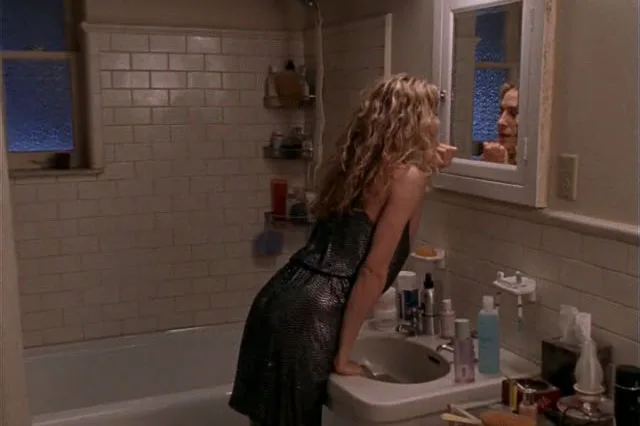
When we’re in the throes of a full-blown anxiety spiral, we are at our most self-centered; we are only thinking of ourselves and according to us, so is everyone else!
“Especially as women, we spend so much time thinking and criticising ourselves for our appearance that we allow it to become a much bigger part of our identity than what it is,” McCart continued. “I don’t believe in saying you shouldn’t worry about something because men don’t worry about it, you shouldn’t worry about something because it isn’t a reflection of you. Your body is not the most interesting part about you. If we put less emphasis on our physical appearance and more emphasis on everything else we have to offer, a lot of women would be a lot happier and be able to enter into relationships with a much healthier mindset.”
It honestly feels a bit pedestrian to have to remind ourselves of things like this, or at least it does to me, but if we want to feel in control while dating, it’s important. If you turn up to a date and the other person makes a comment about your body that isn’t “it’s amazing, when can I start worshipping you”, then why are you on a date with them?
In the end, I wore my dress on the date and it turns out, I am as ravishing as my friends tell me I am. Unfortunately, he was boring, so I left after a couple of hours and had an incredible time with my mates, instead. The search continues, but it no longer feels so daunting because I’m strong in the knowledge that dating is only as fun as you make it and how we look is the least of our problems.
